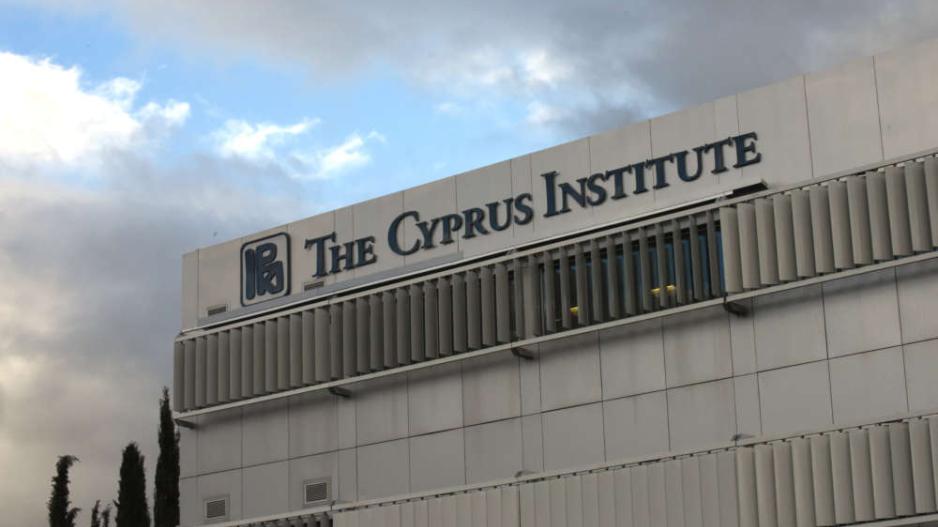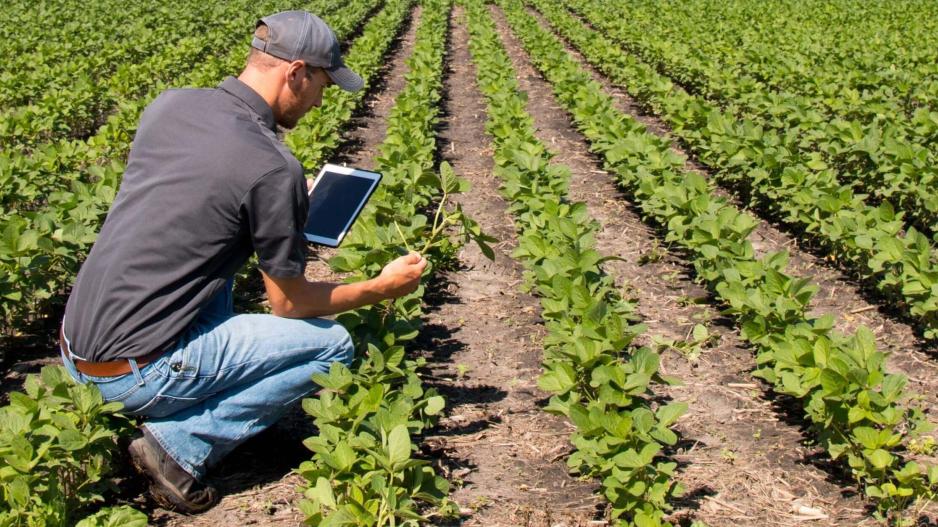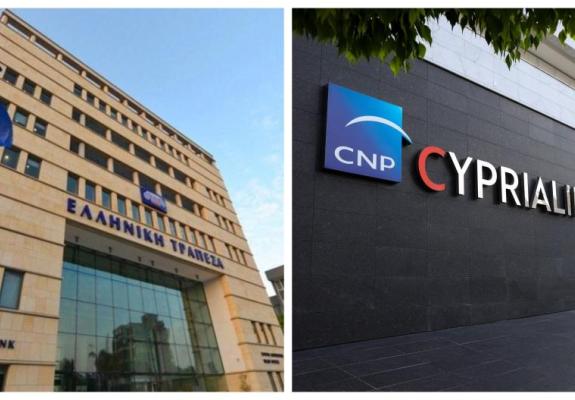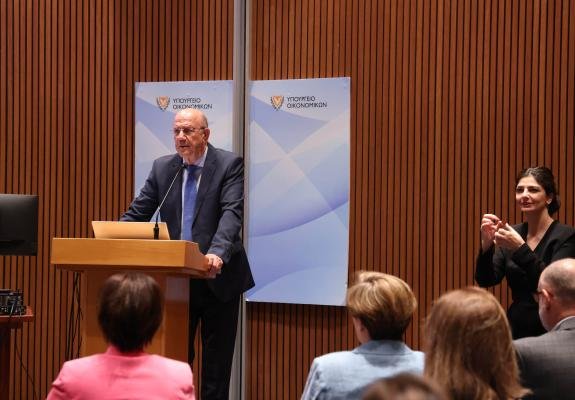Cyprus Institute Proposes SMARTFARM Centre of Excellence
A Vision for Sustainable and Smart Farming
The Cyprus Institute recently presented its proposal for the creation of a Centre of Excellence for Smart and Sustainable Farming and Livestock (SMARTFARM) to the Parliamentary Committee on Agriculture. The presentation was made by the Institute's President, Professor Stavros Malas, on Tuesday.
Professor Malas explained that the project aims to enhance production systems and productivity/sustainability in sheep and goat farming, dairy farming, and dry feed. The focus will also be on showcasing best practices in meat production, optimizing dairy practices, and providing training for those involved in the agricultural economy.
More specifically, Mr. Malas pointed out that the project seeks to improve sheep and goat farming productivity through cutting-edge technologies and early warning systems. It also aims to enhance practices in dairy farming to upgrade the quality and quantity of production using environmentally friendly methods. The project will promote differentiated production of domestic animal products (meat and dairy) with enhanced quality and high nutritional value. Additionally, it will address the need for increased quantities of higher-quality, domestically produced coarse feeds.
The project also aims to improve soil fertility and the environmental performance of agricultural/agro-ecosystems directly related to livestock farming. This aligns with the societal demand for sustainable, smart, and green animal production systems and improved welfare of farm animals.
According to Mr. Malas, innovative smart farming technologies will be utilized in close collaboration with the Agricultural Research Institute (ARI). This includes the implementation of systems for collecting data on production efficiency and plant quality for feed production, gathering environmental and climatic data affecting feed production, assessing soil quality and microorganisms contributing to enhanced feed production, using genomic methods and large-scale phenotyping for effective genetic assessment of plants, and applying advanced methods to accelerate the production of livestock plants adapted to Cyprus conditions.

During his presentation, Stavros Malas spoke of a third green revolution following the revolutions in plant reproduction and genetics. This revolution encompasses the previous ones, along with the use of precision equipment, the Internet of Things (IoT), sensor and actuator applications, geolocation systems, Big Data, the use of Unmanned Aerial Vehicles (UAVs), robotics, etc.
Specifically regarding dairy farming, Mr. Malas noted that the project aims to reduce production costs, decrease the number of animals in units, reduce pollution, and increase revenue. The "future" unit will operate with 20% increased productivity, better animal welfare, and produce higher quality milk. This will be supported by systems for methane/ammonia/nitrogen measurement, continuous environmental and micro-climatic monitoring, and the development of an early warning system per unit, as well as a national multi-parametric management system for all units.
In synergy with another program, AGRICYGEN, as explained by Mr. Malas, a genetic improvement program will be implemented in 30 units aimed at genetic characterization/increase of productive animals, promoting accelerated genetic improvement through the application of innovative reproduction methods of genetically superior animals.
Partners of the project include, besides the Cyprus Institute, the Agricultural Research Institute, the Cyprus Research and Innovation Center (CyRIC), Teagasc – the Irish Agriculture and Food Development Authority, the Israeli food development organization Volcani Centre, and the French National Institute for Agricultural, Food, and Environmental Research INRAe. The Veterinary School of the University of Nicosia will also collaborate.
If the program is approved by the European Commission and the Cypriot Government, its funding will amount to €35 million, of which €15 million will come from the European Commission, €15 million from the Republic of Cyprus, and €5 million from the Cyprus Institute's own resources. The Agricultural Research Institute will provide the infrastructure for implementing the project.






